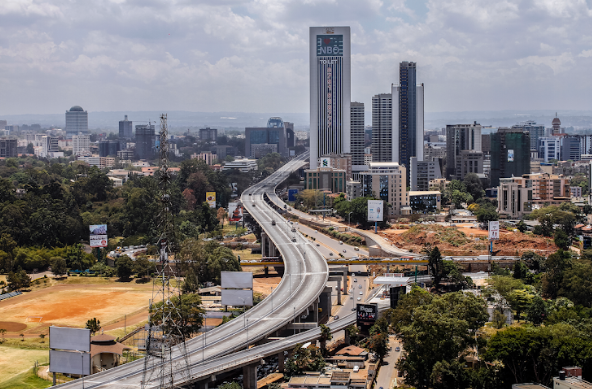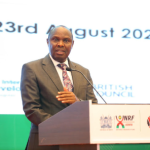Nairobi is poised to make a significant advancement in combating air pollution with the launch of the Breathe Cities initiative on Wednesday, September 11.
The Breathe Cities initiative, created by the Clean Air Fund, C40 Cities, and Bloomberg Philanthropies, is dedicated to improving air quality, reducing carbon emissions, and enhancing public health in cities around the world. The initiative aims to cut air pollution and planet-warming emissions by 30% across participating cities by 2030.
Launched in June 2023 by Michael Bloomberg, the UN Secretary-General’s Special Envoy on Climate Ambition and Solutions and founder of Bloomberg Philanthropies, along with London Mayor and C40 Cities Co-Chair Sadiq Khan, the initiative has already garnered significant attention.
By joining this US $30 million initiative, Nairobi will receive critical support to address its air pollution challenges. The city joins 10 other global cities, including Jakarta and Rio de Janeiro, in efforts to improve air quality through data collection, capacity building, community engagement, and international knowledge sharing.
According to the State of the Global Air 2020 report, over 5,000 premature deaths in Kenya are linked to air pollution, a crisis that persists despite Nairobi’s status as a global environmental hub.
Nairobi Governor Johnson Sakaja emphasized the importance of the initiative: “I’m humbled that Nairobi will not only launch this initiative but will also host a function that will bring together key stakeholders, including government officials, civil society organizations, private sector representatives, and development partners from across the region.
Nairobi’s commitment to improving air quality is vital.”
He continued, “Nairobi’s air quality is a matter of life and death. The Breathe Cities Nairobi initiative will provide the essential resources needed to make real, lasting changes and ensure that all residents can breathe cleaner air.”
Support from Breathe Cities will focus on enhancing Nairobi’s ability to monitor and manage air quality, backed by a strong public awareness campaign and regulatory reforms. The Breathe Cities Nairobi initiative will be organized around three core pillars: data and research, stakeholder and community engagement, and technical policy assistance.
Victor Indasi, the Breathe Cities Lead for Kenya, called the project a game changer. “With Breathe Cities, we are committed to working with partners and stakeholders to restore the true meaning of Hakuna Matata—a life free from the burdens of air pollution, where every breath is cleaner and healthier,” he said.
Nairobi has made notable progress in tackling air pollution, including the enactment of the Nairobi Air Quality Act in 2022, integrating real-time air quality monitoring on the county website, and conducting air quality source awareness assessments.
The county is also finalizing its climate change legal framework, updating the existing Greenhouse Inventory, and hiring a record number of technical environmental staff.
The city aims to reduce emissions by 51% by 2035 through various strategies, such as urban greening, sustainable municipal solid waste management, adoption of clean transport alternatives, and green energy solutions. These efforts are part of Nairobi’s broader goal to create a healthier and more sustainable urban environment.



